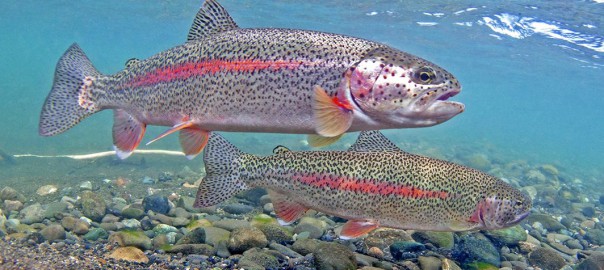While the primary focus of our group is on physiology and aquatic toxicology, our research examines the interactions of fish, crustaceans, and molluscs with their environment at all levels from the molecular to the biogeochemical to the ecological. We are particularly interested in the sublethal effects of natural factors (temperature, oxygen, water chemistry, exercise, feeding, social interactions) and anthropogenic pollutants (metals, ammonia, low and high pH, climate change) on organismal function, and the strategies by which animals adapt to extreme environments. Particular projects at present consider fuel usage and nitrogenous waste production in fish on different feeding and exercise regimes, ammonia and urea transport, acid-base regulatory mechanisms at gills and kidney, in vitro primary culture models for understanding gill function, the osmorespiratory compromise at the gills during exercise and hypoxia, the role of ammonia in ventilatory control, the importance of dissolved organic carbon (DOC) as a water quality parameter altering both metal toxicity and fish gill function, and the kinetics of metal uptake and homeostasis, particularly in mixtures, with the goal of improvement of environmental regulations.
